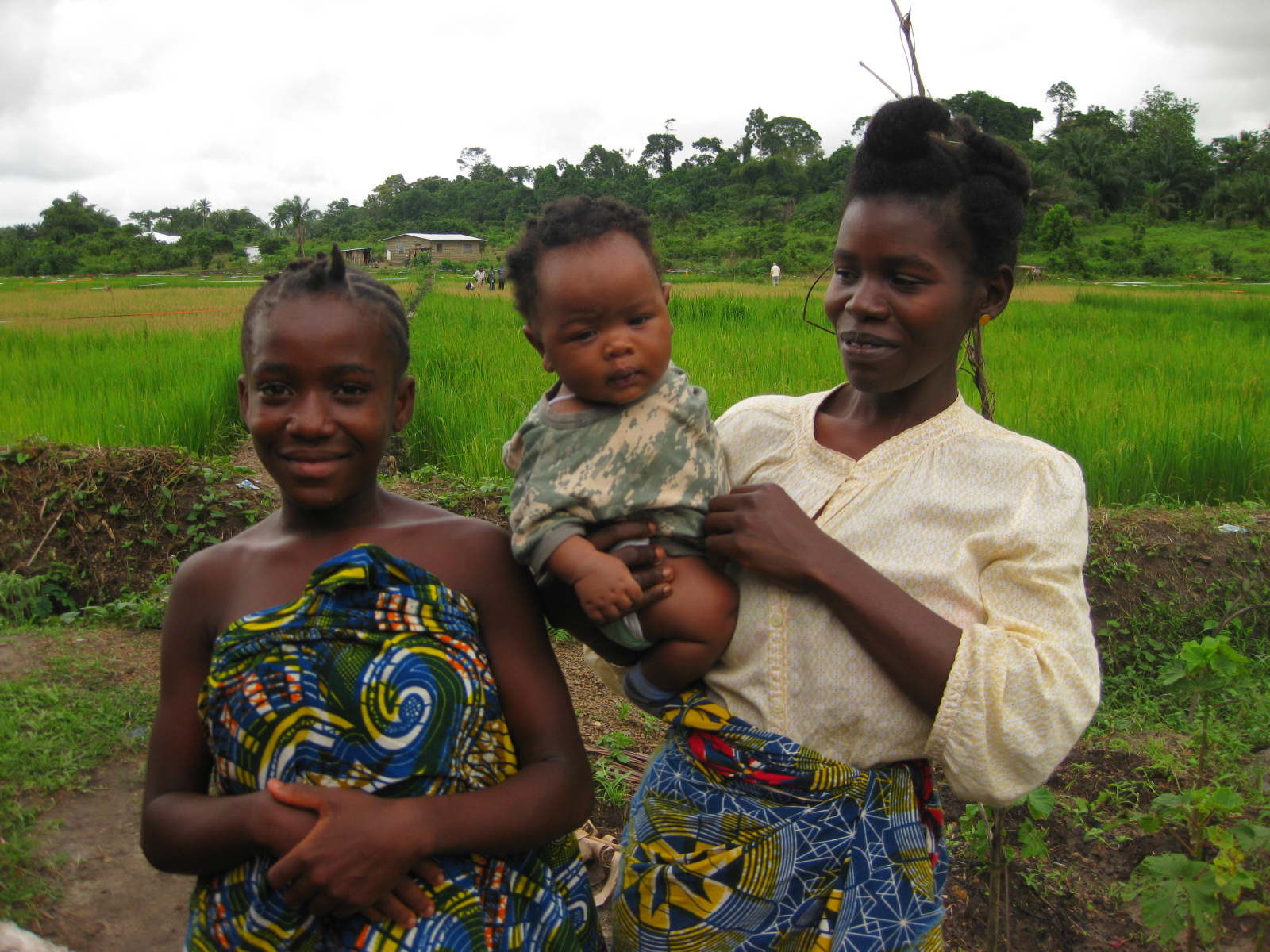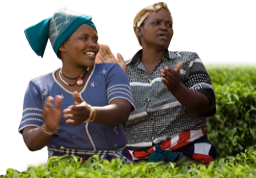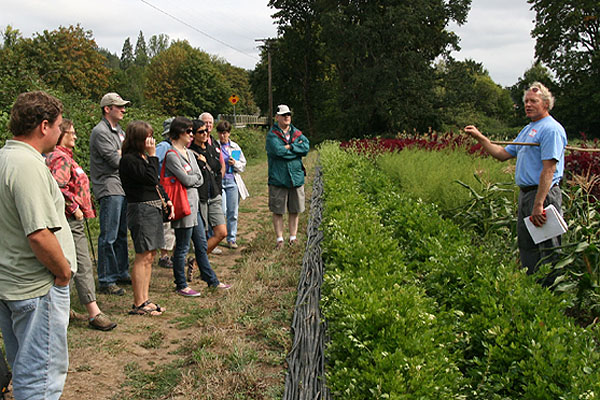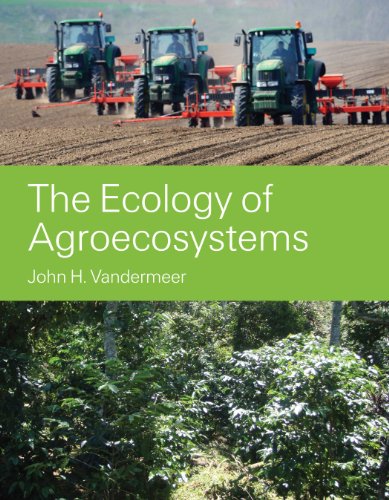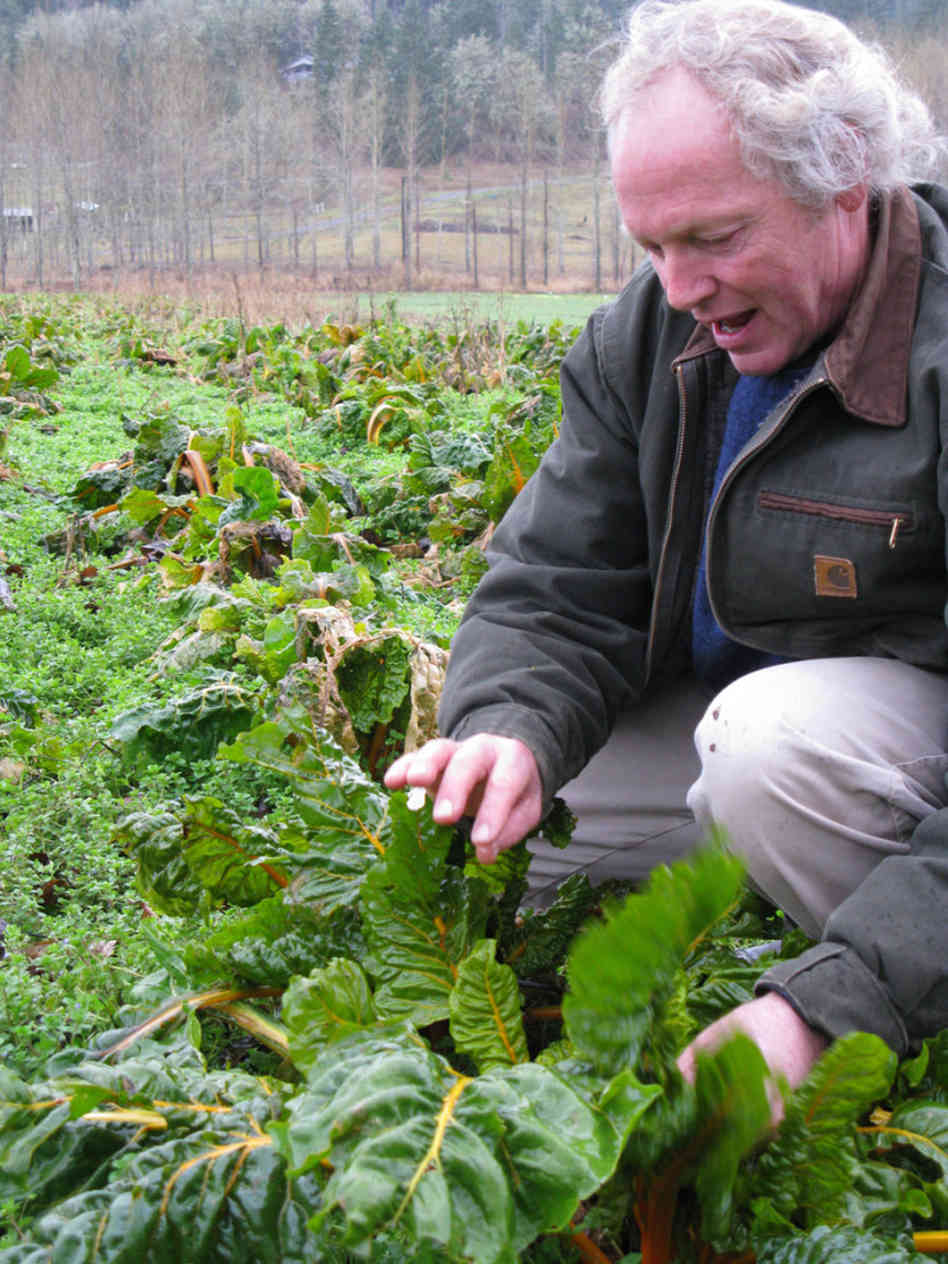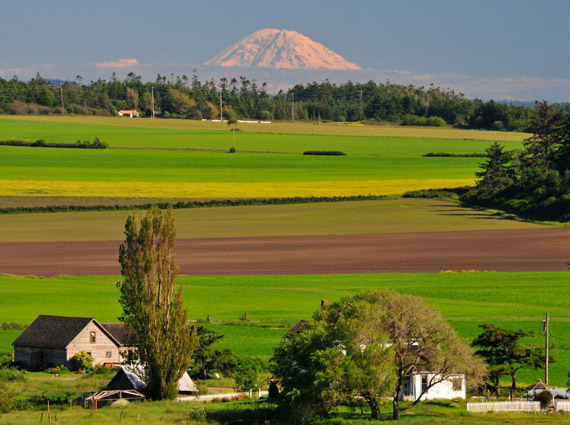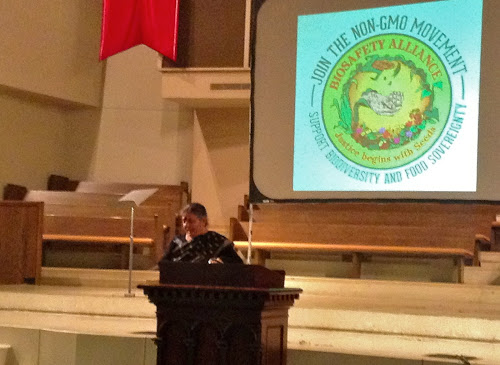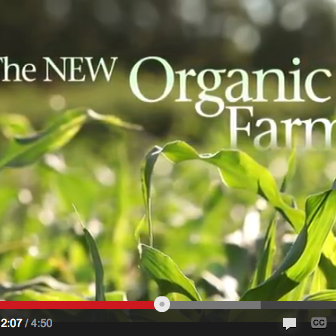Development Aid Programs Target Small Scale Farmers to Ramp up Production in Food Insecure Liberia
Before Liberia’s civil war, Augustine Tamba’s farm had a water pump, a sprinkler system, and a reliable well. Neighbors worked for Tamba to grow rice, cassava, corn and vegetables in the lowland farm outside of the town of Johnsonville in Montserrado County, Liberia. Tamba had market outlets in Paynesville—20 kilometers away—as well as Monrovia, the country’s capital. Before starting the farm in 1982, Tamba worked as a bank manager in a small town nearby. After a brief stint, he returned to agriculture, “the soil is Liberia’s only bank…the bank of life,” as he explains. During the war, Tamba’s farm laborers either migrated to other countries or became entangled in the bloody conflict. In addition, the market for Tamaba’s produce disappeared when Liberia’s entire economic and social system came to a halt.

